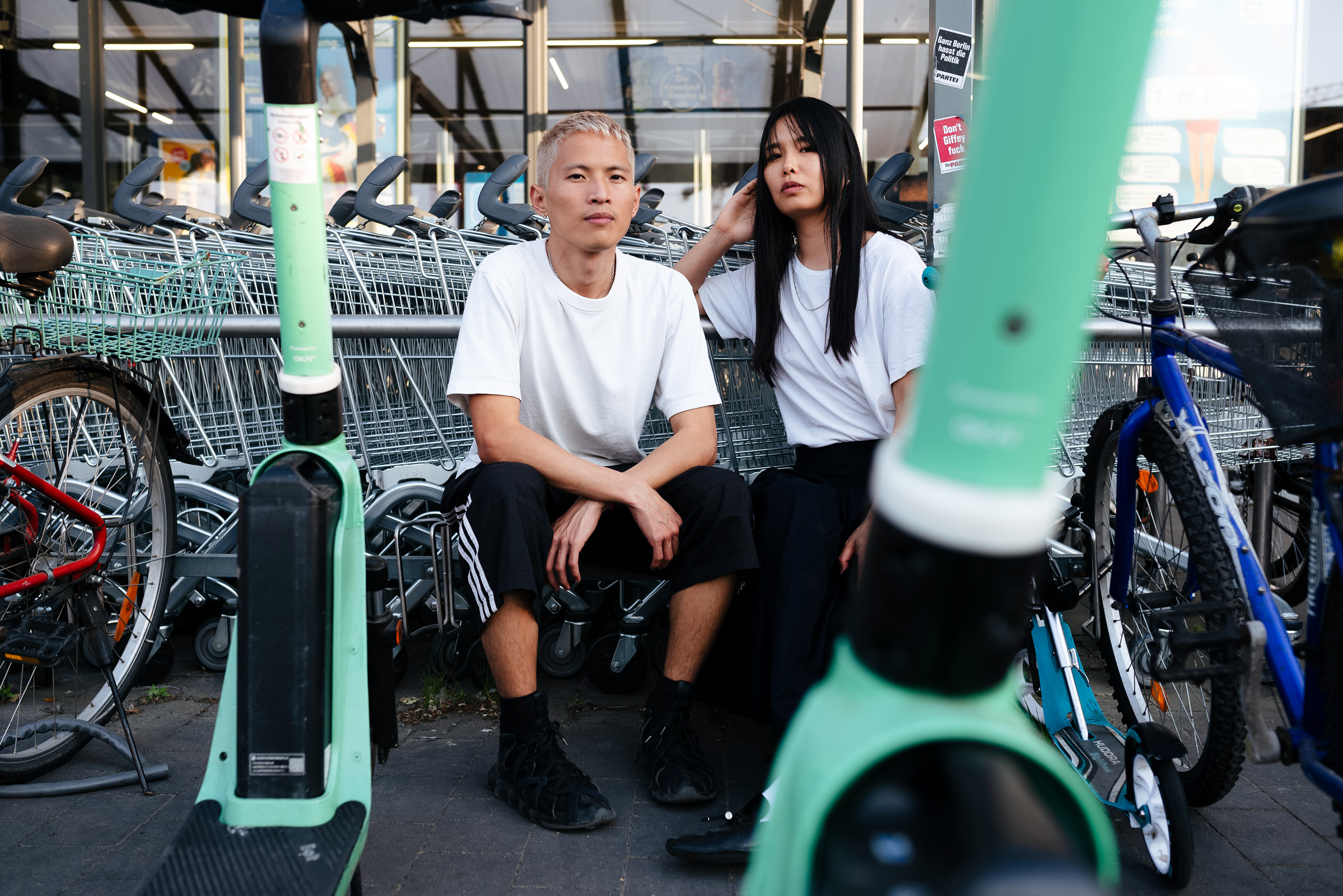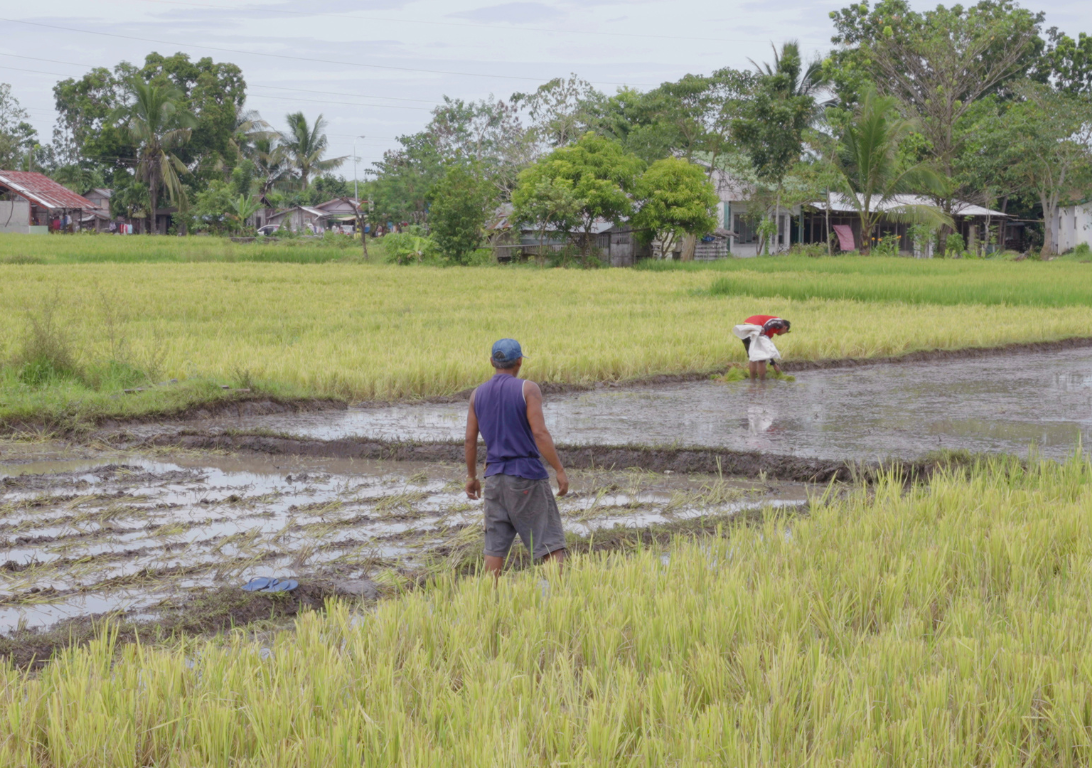Past
Reclaiming the Land
Testimonies from a Community in Struggle in the Philippine Countryside
The Philippines remains a largely agrarian country, with the vast majority of land still controlled by a small handful of oligarchic families. These semi-feudal conditions are especially evident on Negros Island, the “sugar bowl of the Philippines,” where the sugarcane plantation system instituted centuries ago under Spanish colonial rule remains firmly in place today. The ruling class’s control of the land is complemented by their near-total control of the political apparatus, which includes the police and military forces. It is clear that the plantation system is not just a system of agriculture, but rather encompasses a whole disciplinary machinery that is backed by armed violence. This system keeps the vast majority of farmers landless and impoverished.
In order to address these social problems, an NGO called Paghida-et sa Kauswagan Development Group Incorporated (PDG) was formed in southern Negros in 1987, during a time of widespread hope for systemic change after the fall of the Marcos dictatorship. A national Comprehensive Agrarian Reform Program (CARP) was passed a year later in 1988, which promised to distribute land to landless farmers. But while the dictatorship of Marcos and his cronies had toppled, the political power of the landowning class remained firmly in place. Their aggressive lobbying reduced CARP to a weak and ineffective instrument, with legal loopholes and state implementing agencies that were easy for large landowners to exploit. The history of PDG is very much tied to the fraught history of the land reform movement in the wake of the Marcos dictatorship.
Although PDG operates as an NGO, its principles and practices have much in common with grassroots organizing. In the early years, PDG staff worked closely with different rural communities to support their efforts to free themselves from cycles of dependency on multinational agri-corporations and chemical-based farming systems, and to transition towards sustainable and organic methods. PDG helped several communities self-organize into federations and later helped them access funds. In the 1990s, the group decided to shift from service provision to tackling the more fundamental issue of land access. This placed them in direct confrontation with the landowners of Negros.
The following testimonies are derived from interviews that we conducted in October 2022 with two leaders of an association of farmer-beneficiaries in Hacienda Bino, who have worked closely with PDG over decades. The farmers of this association were able to win control of their land after a long and difficult legal battle. But as the testimonies make very clear, their struggle is not over. Since winning their land claim, they have tried to experiment with forms of sustainable agriculture and collective structures of labor and land management, but these efforts have been constantly hindered by aggression from powerful private and state forces. A development corporation has recently been trying to grab the land from underneath them through various forms of manipulation. They have been under constant military surveillance, and accused of being communist rebels. And worst of all, in 2018, Attorney Ben Ramos, one of the founders of PDG and a committed people’s lawyer who had worked with the community on their land claim, was assassinated in broad daylight (as of yet no one has been charged with the murder).
More recently, in January 2025, two PDG workers were arrested on trumped-up charges of terrorism financing. This is a clear example of “red-tagging,” a common harassment tactic used by the Philippine state, whereby civilian activists and organizers are accused of being participants in the armed communist resistance movement. In many cases, those who have been red-tagged have ended up dead, as in the case of Attorney Ben Ramos and countless others. Although the charges against the two development workers were dismissed by a court a couple of months later, they are indicative of a wider system of repression that must be contested and fully dismantled.
We hope that the following testimonies can shed some light on the importance of the work that organizations like PDG are doing to empower oppressed and exploited communities. We also hope that they act as an urgent call for all of us, in the Philippines and beyond, to amplify these stories and to speak out against the abuses and atrocities being committed in the Philippine countryside. We must defend, in whatever way possible, those on the ground who continue to fight for land justice against all odds.* Through their brave, persistent efforts, their collective practices of care and cultivation in the midst of struggle, they are laying the foundation for another world beyond the cruel indignities of the plantation.
— Enzo Camacho and Ami Lien
*For those in the Philippines who would like to get more involved, you can actively support the work of PDG, or organizations like KMP, UMA, and Karapatan. For those outside of the Philippines, we suggest looking into the work of ICHRP and seeing if there is an affiliated organization in your local area.
About the Artist

Enzo Camacho & Ami Lien
Event Details
DATE: October 13, 2025
LOCATION: Online
